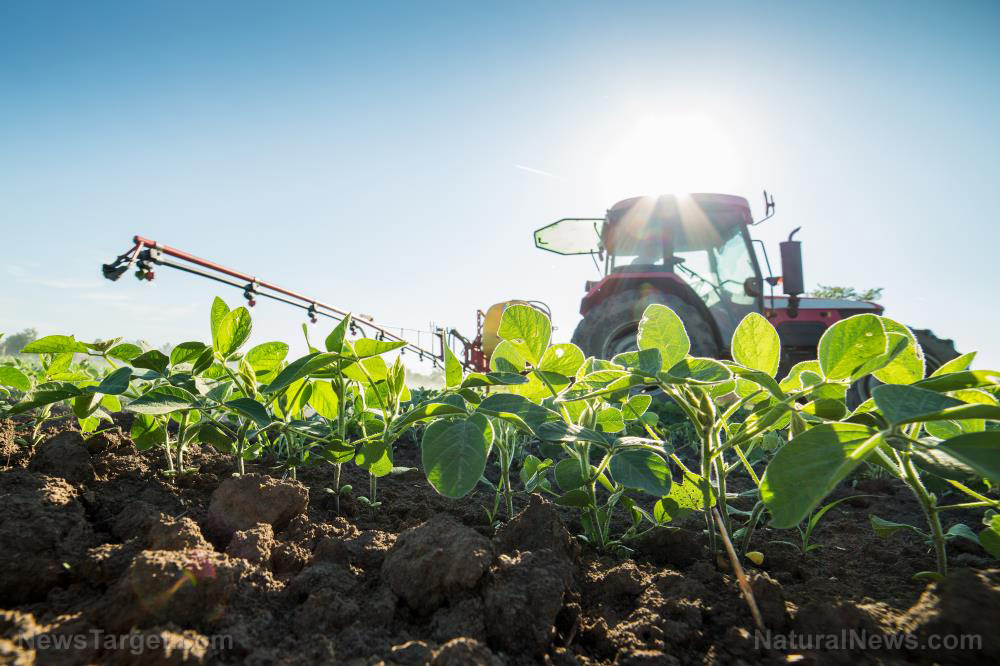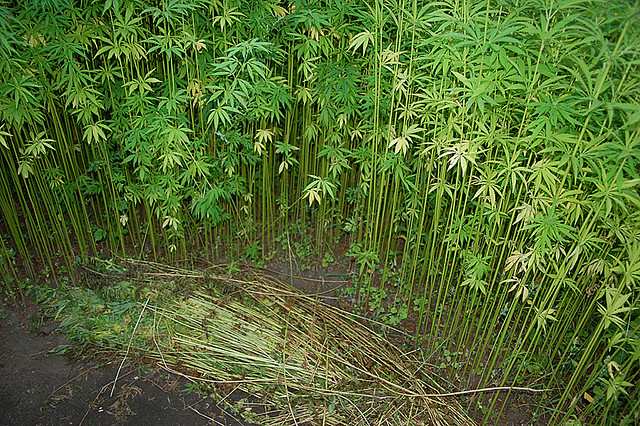
Horse poop as an energy alternative? Europeans are thinking about it.
Europe is expected to face energy shortages, blackouts and very high power bills this winter, leaving ordinary people panicking. Demand for firewood is off the charts and many are hoarding flammable materials to burn in their woodstoves for the cold months ahead.
Anyone who hasn't had the chance to purchase a woodstove yet may find it too late to get one for the beginning of winter as it could now take months to get delivered.
As much as 70 percent of European heating comes from natural gas and electricity. Wood, which was used by some 40 million people for heating, has now become the most sought-after commodity.
The demand comes with a price: Wood pellets nearly doubled to 600 euros ($583.26) a ton in France, and there are signs of panic buying for the world's most basic fuel. Hungary has even gone so far as to ban the exports of pellets while Romania capped firewood prices for six months.
With wood and wood pellets being so expensive, some Europeans are now considering "other options" that normally would have been unthinkable: the possibility of burning horse poop in their stoves.
Some Europeans are now contacting their local chimney sweeps to inquire about the possibility of using horse manure and other obscure fuels.
Horse poop as energy source
Horse poop as energy source is not completely new. Italian researchers previously proved that it could be a clean and efficient biofuel as long as they are properly dried out first.
Stored feces and manure contain high quantities of water, which is far too much for them to burn well. However, when the raw material is dry, it becomes a high-producing energy source that might be worth investing the energy needed to dry them, said Luca Da Lio of the University of Padova's Department of Industrial Engineering in Italy.
"Energetic balances and laboratory measurements demonstrate that the heat for the humidity extraction can be derived from the exhausts of horse manure combustion itself: The process is still thermodynamically convenient," Da Lio said. (Related: Biofuel challenges: Some green fuels can become contaminated with the wrong microbes.)
With nearly 800 million metric tons of horse manure produced in the world annually, Da Lio and his fellow researchers found that readings were high for both fuel potential and moisture content of the manure, so fresh horse poop has about as much carbon as wood shavings alone. Once dry, heating values of manure become equivalent to those of the promising new biofuel from elephant grass and only slightly lower than those of traditional wood logs.
Europeans can't rely on power grids this winter
Under normal conditions, the average person would not think of using horse poop for energy, but residents can now see that they may not be able to rely on their national power grids this winter.
European Union (EU) Crisis Management Commissioner Janez Lenar?i? even warned that energy shortages could lead to widespread blackouts in the months ahead as Russia continues its war with Ukraine.
Lenar?i? also said Brussels is preparing for worst-case scenarios, especially since it is likely that EU countries would need disaster relief due to the energy crisis.
German Federal Economy Minister Robert Habeck expressed concerns over their own energy crisis, as Germany may run out of gas. Citizens had to reduce their consumption ahead of the winter months even as the German government launched a new price break program to help them with the rising energy costs.
The Germans desperately need to cut back on consumption if they want to avoid rationing.
Moreover, the explosion at the Nord Stream pipeline ensured that even Russia cannot come to the rescue by providing much-needed natural gas at a critical moment.
The price of energy has gotten so high that some major European manufacturers have already been forced to shut down operations. The energy costs alone make it impossible for them to operate profitably, leading them to close shop until energy costs come back down.
Visit PowerGrid.news for more updates about energy sources this summer.
More related stories:
Scientists develop new technology that extracts valuable chemicals from biological waste.
Indian startup promotes cow dung logs for cremating coronavirus victims.
Biofuel challenges: Some green fuels can become contaminated with the wrong microbes.
Sources include:
Please contact us for more information.



















